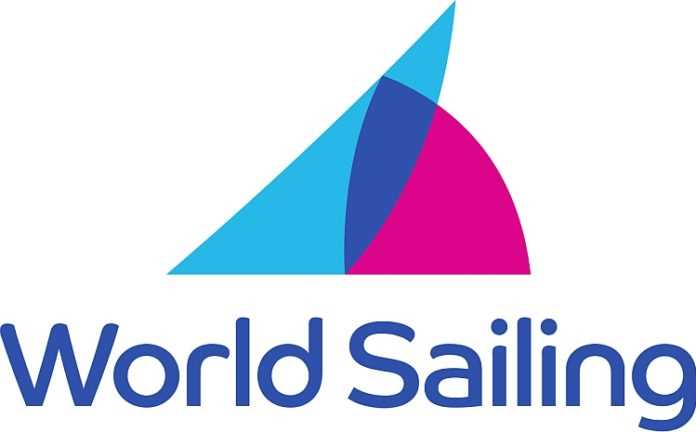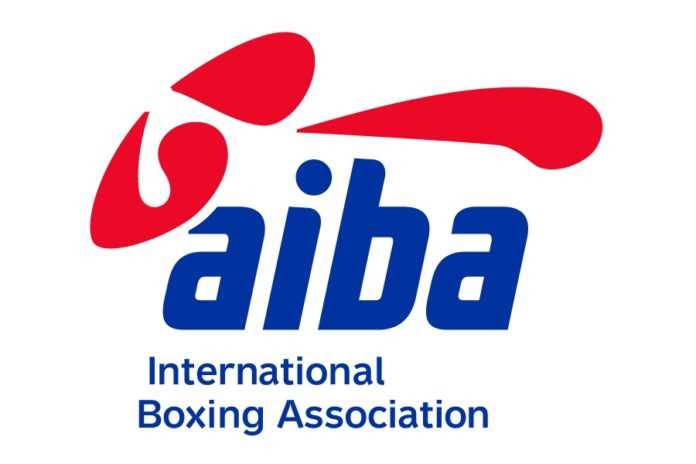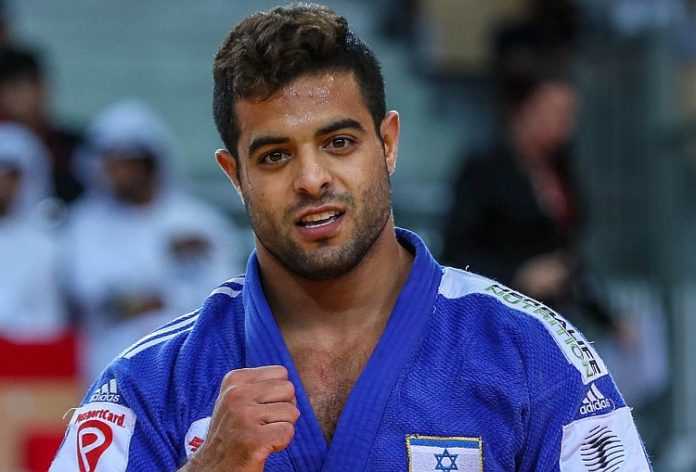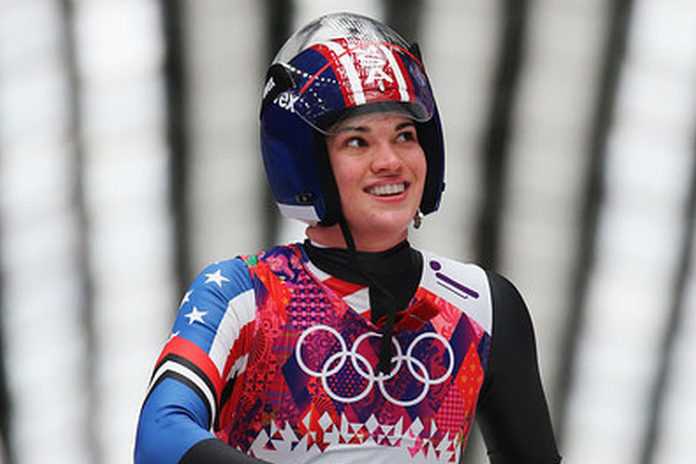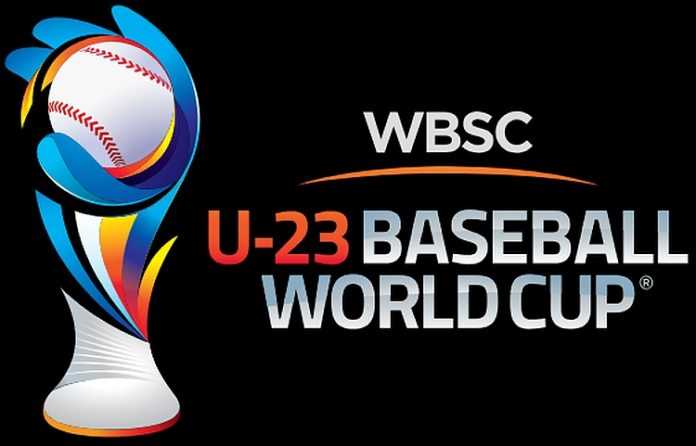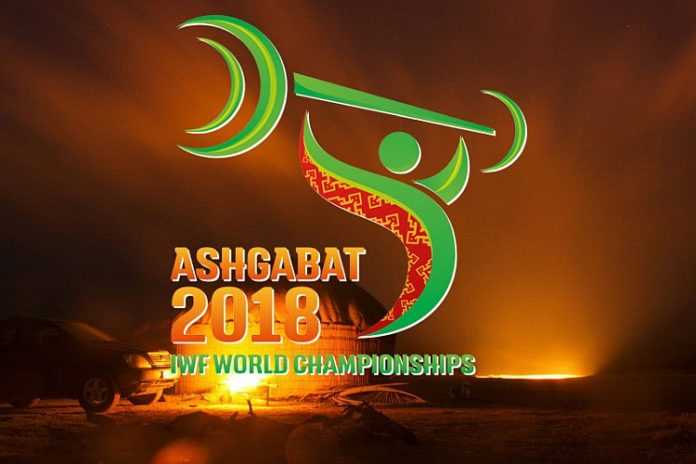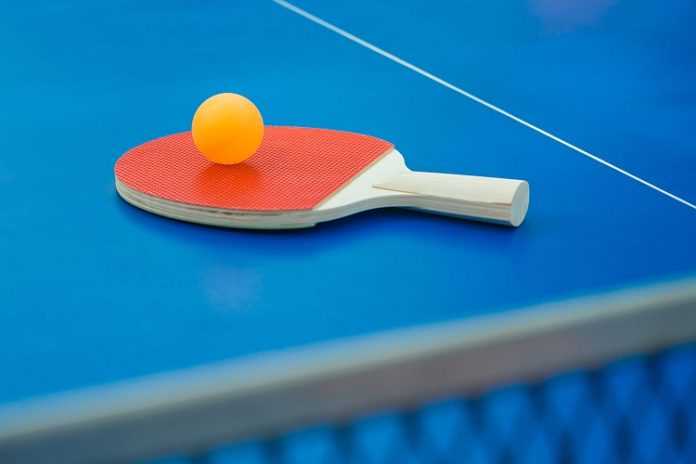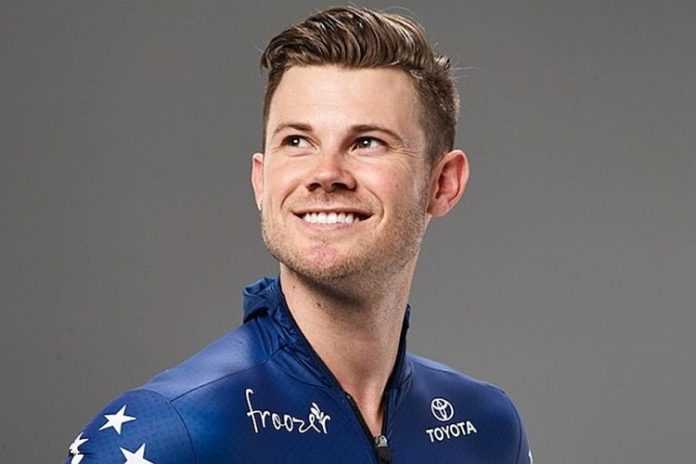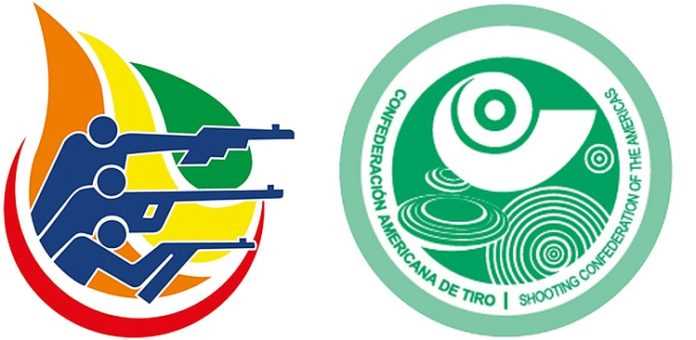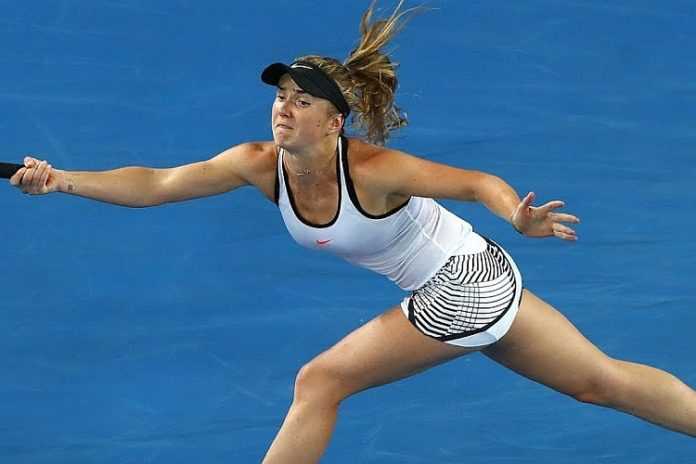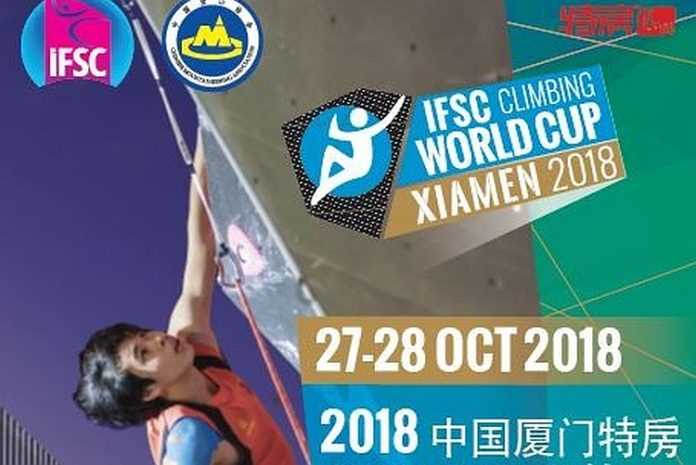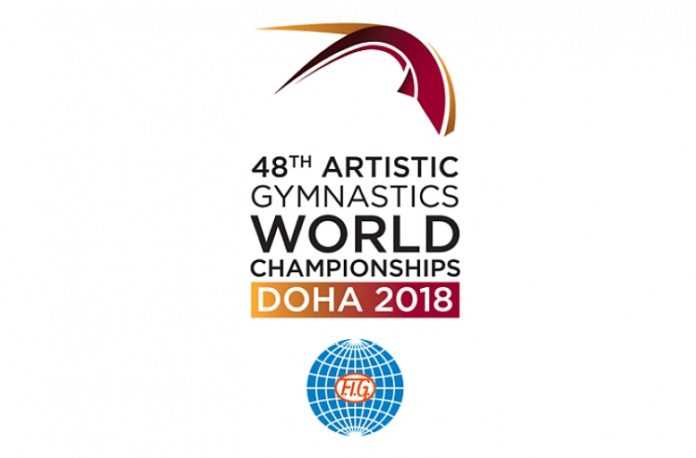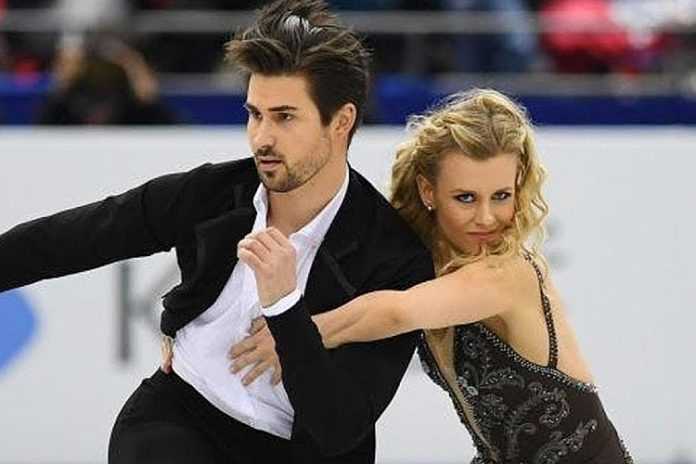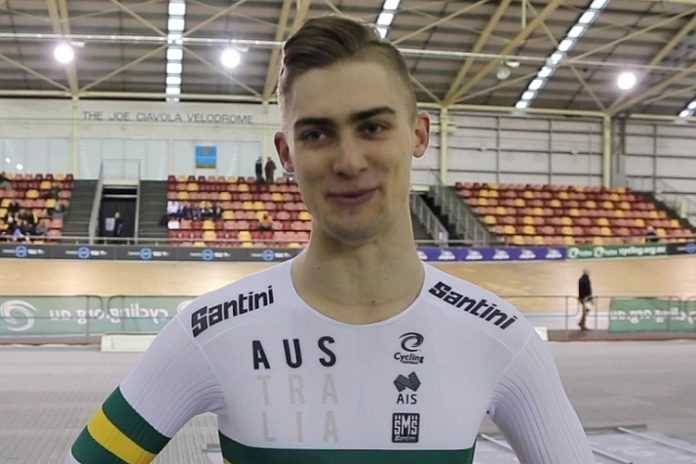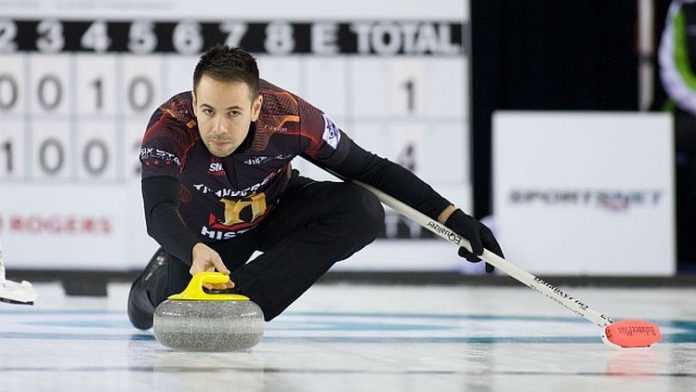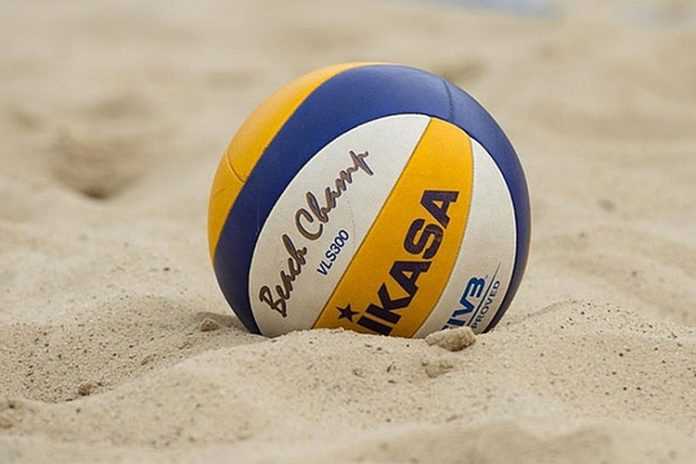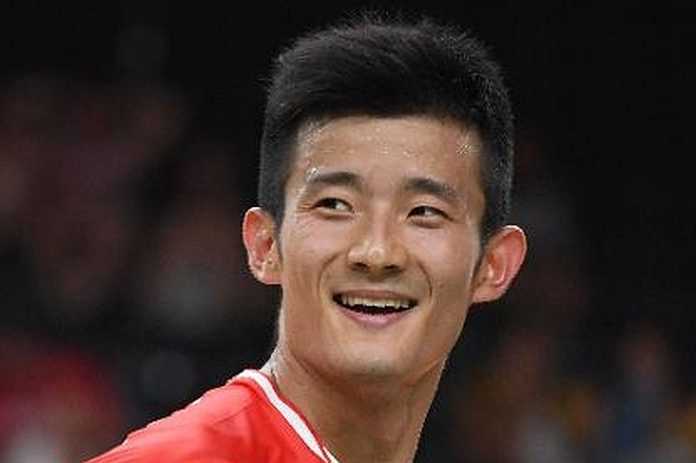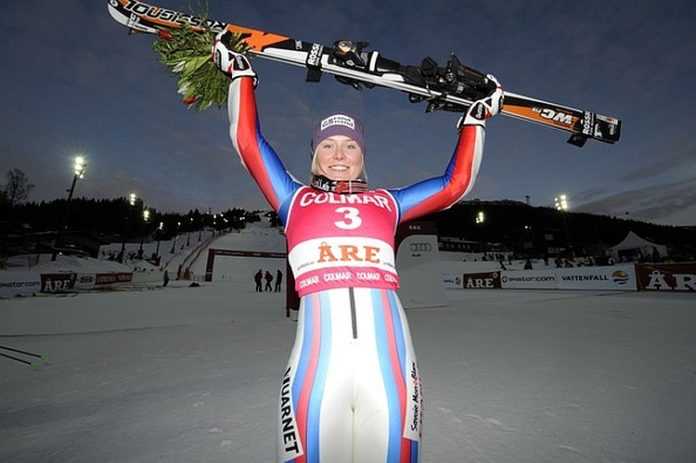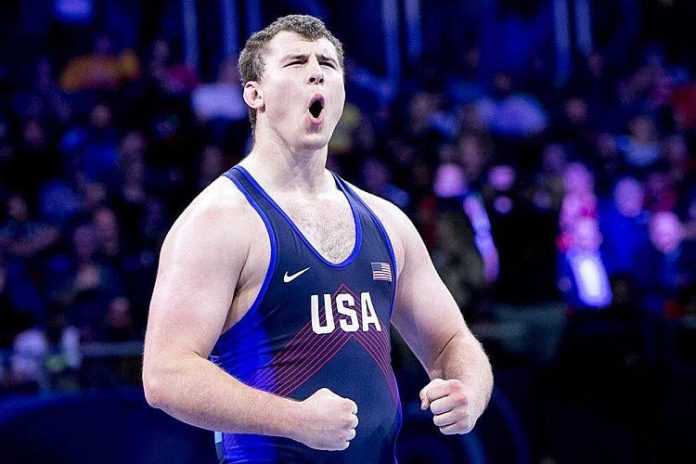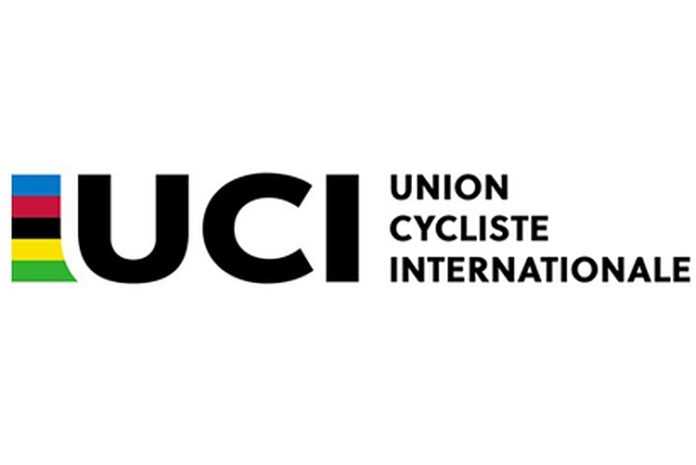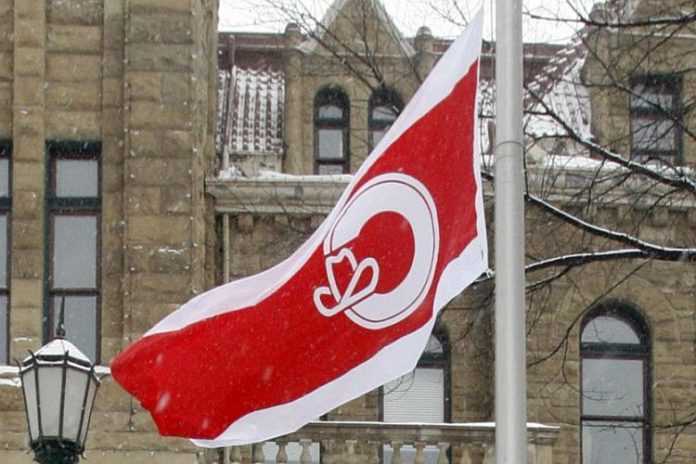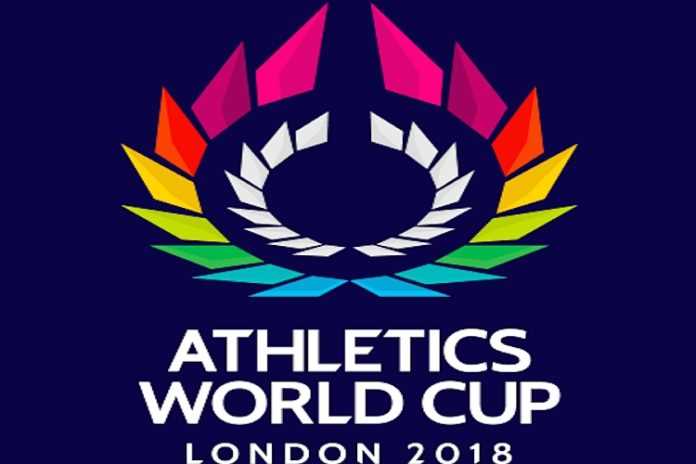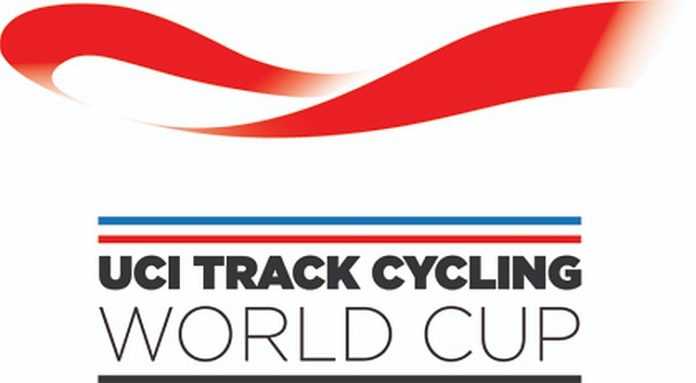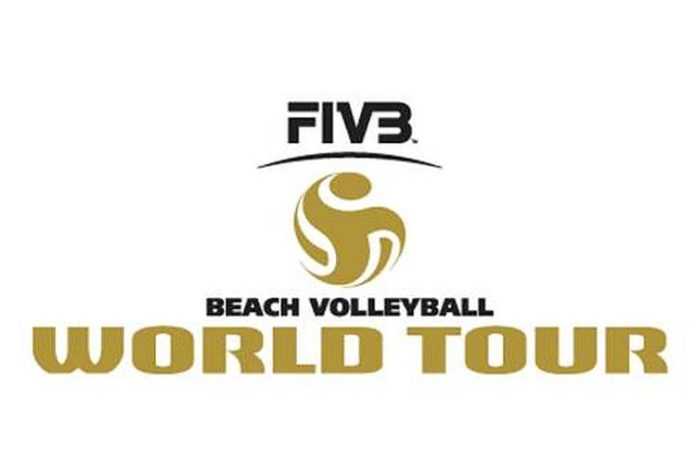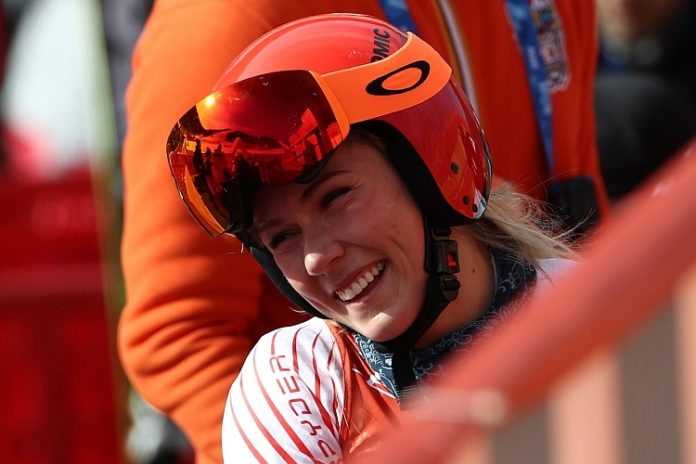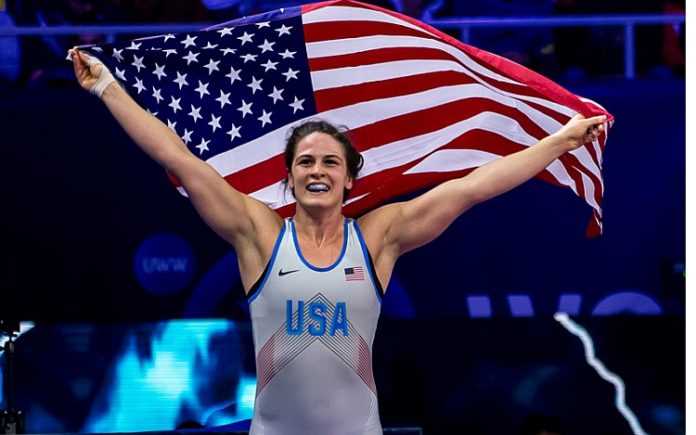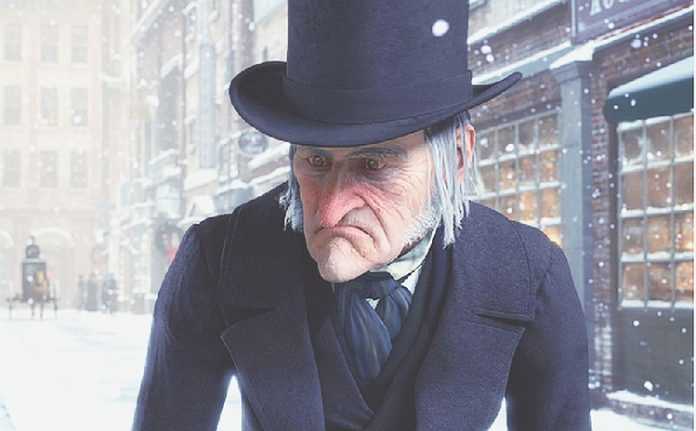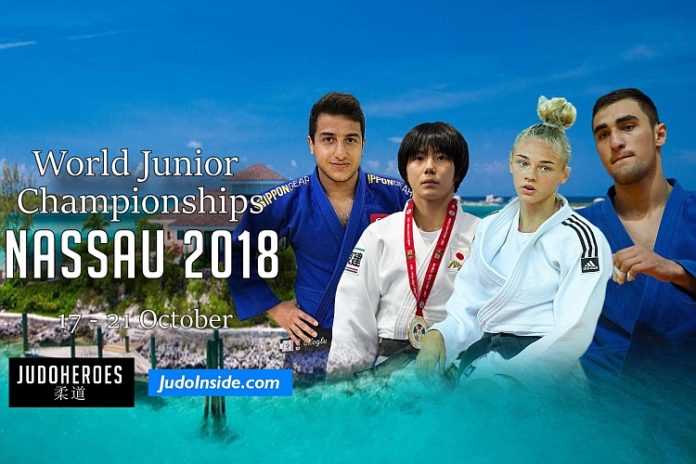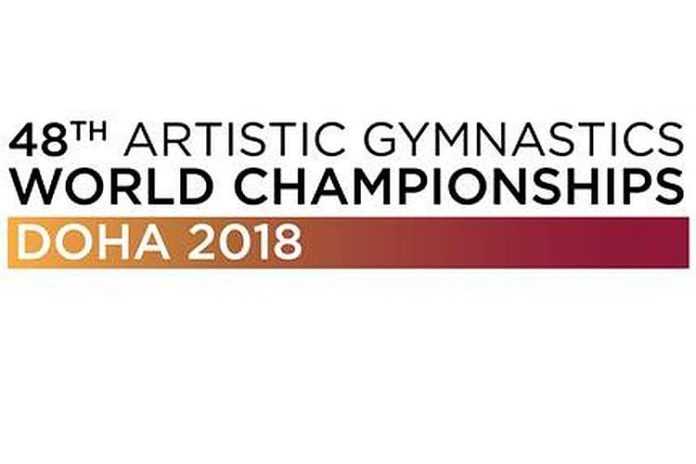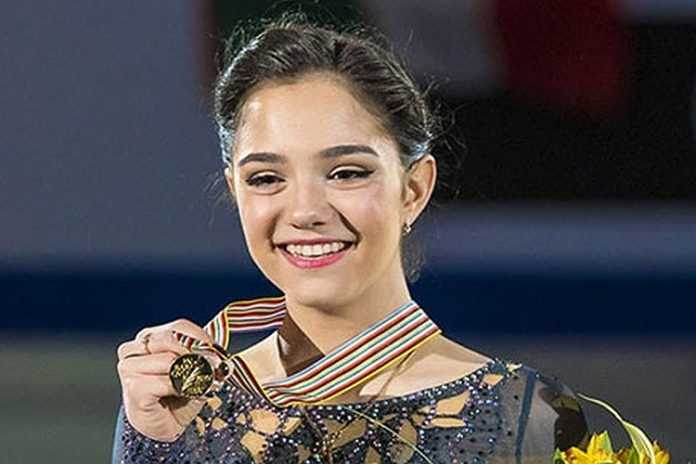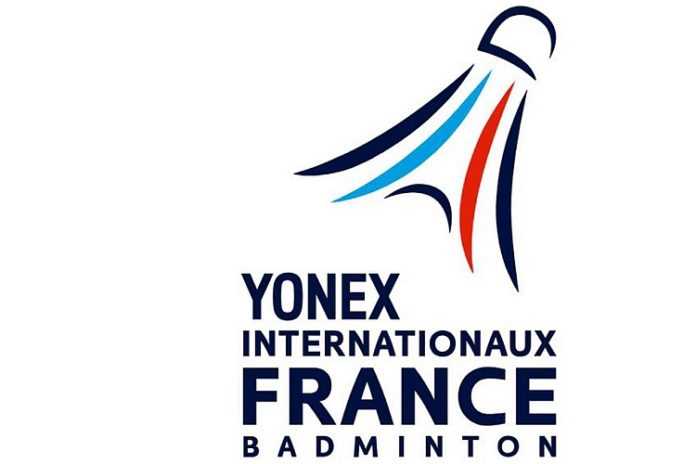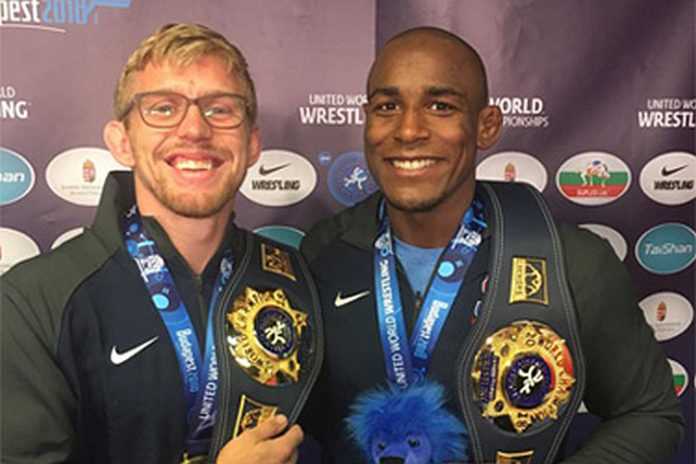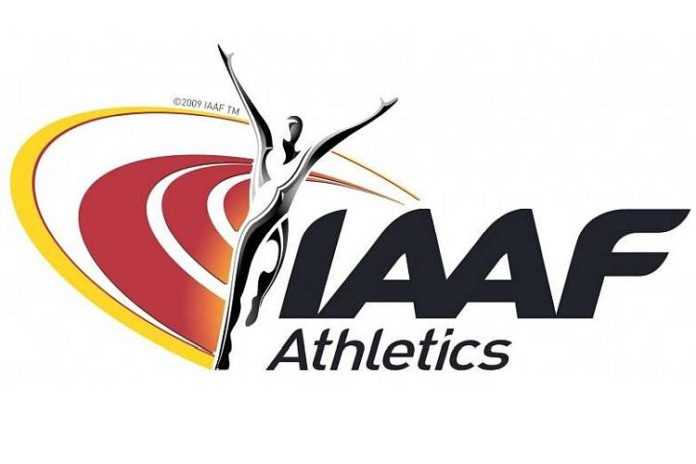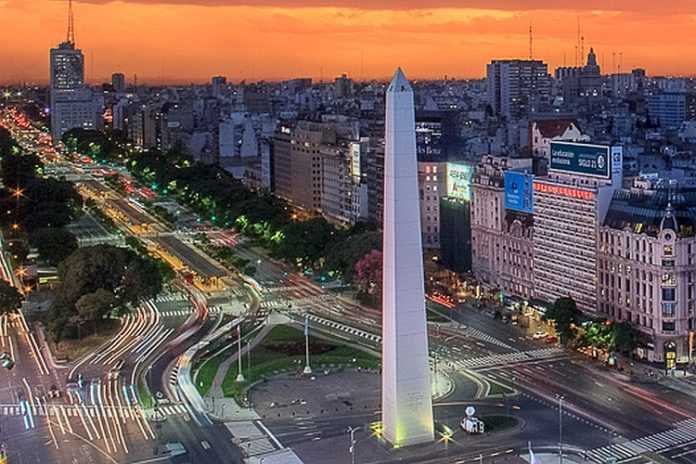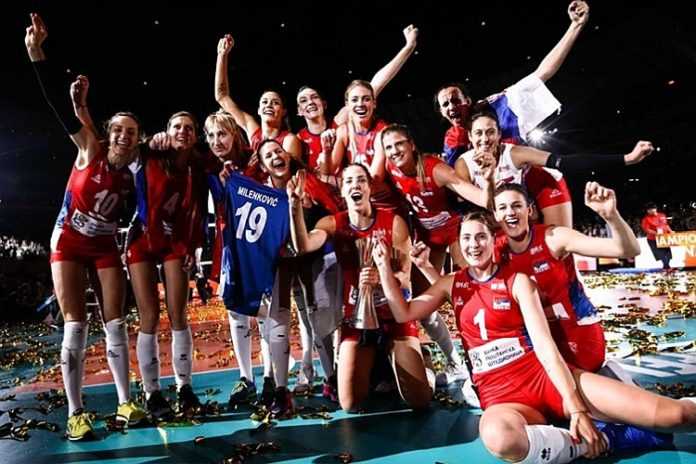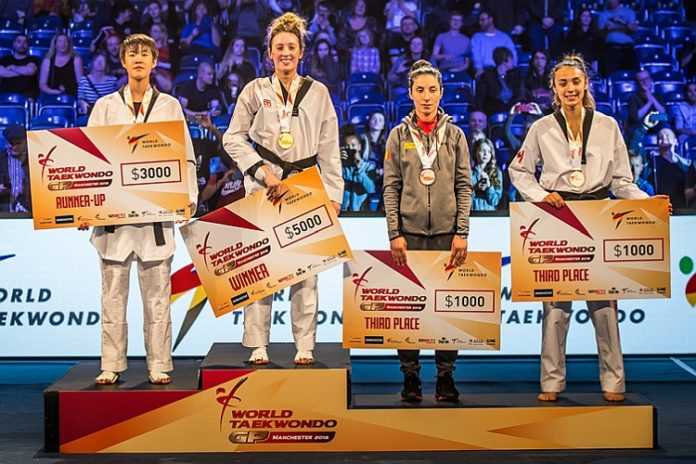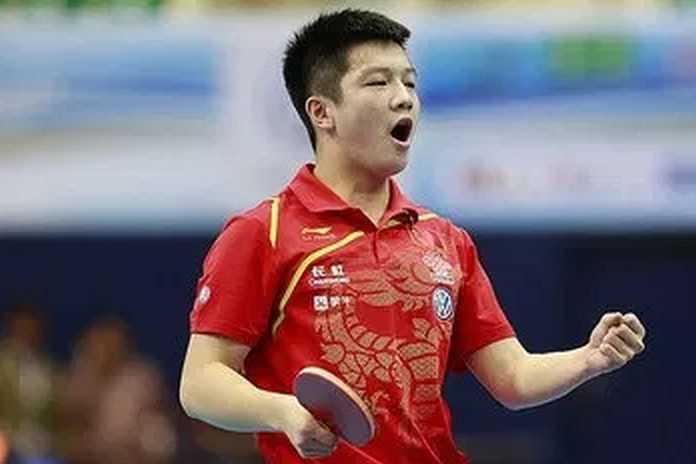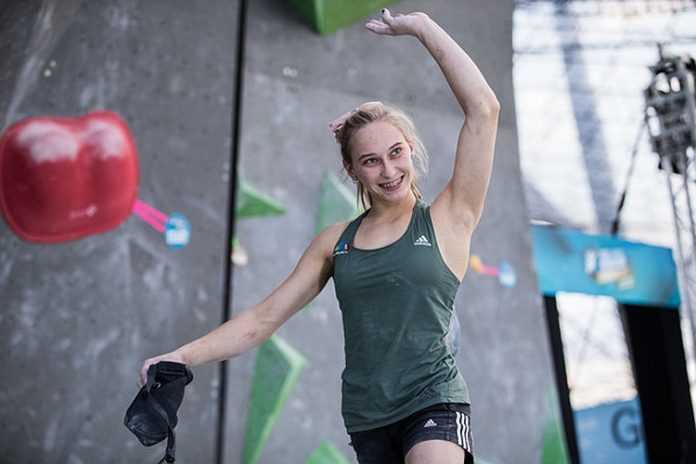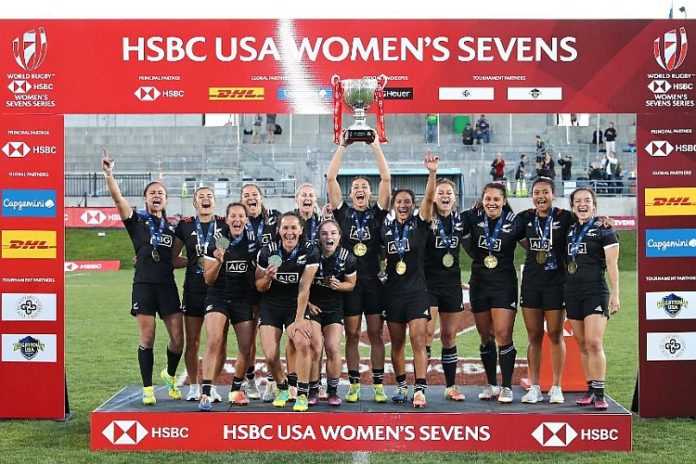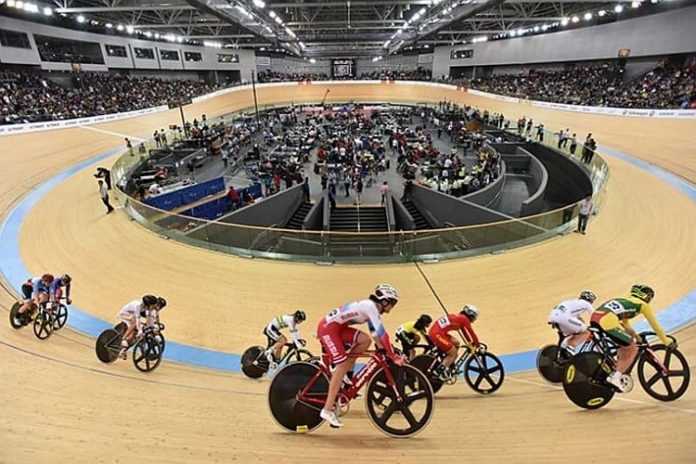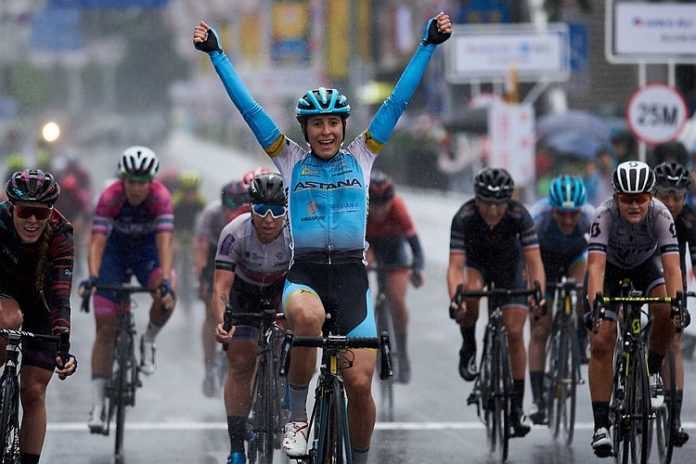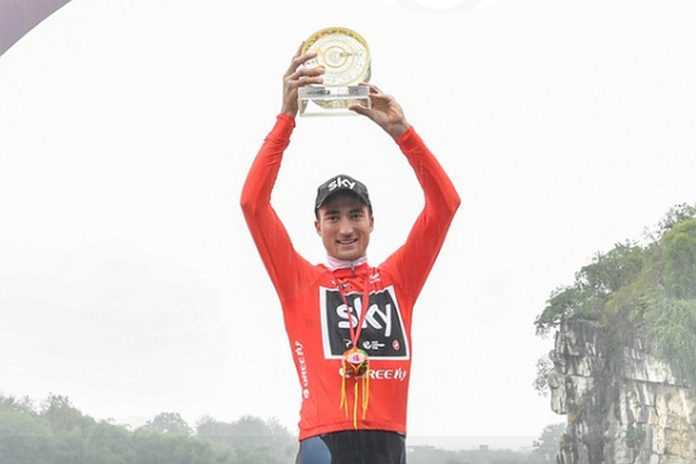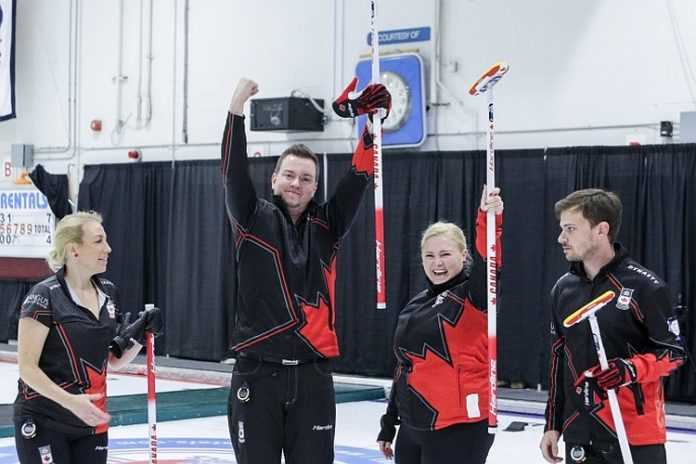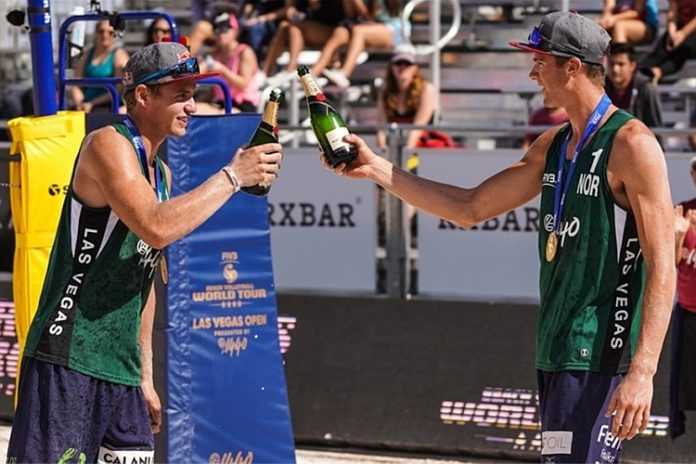In his first appearance in the United World Wrestling World Championships, American Adam Coon scored a silver medal, the first in Greco-Roman wrestling for the U.S. in three years and a record 12th for the U.S. in a World Championships.
Competing at 130 kg, Coon won four bouts in a row by pinfall before running into 2016 Olympic bronze medalist Sergey Semenov of Russia, who won by technical fall, 9-0, in the first period. But it hardly cooled Coon’s enthusiasm for the experience.
“It’s been an amazing experience,” Coon said. “I’ve been able to go out and compete with everything I have, every God-given talent. Being on the international scene again and competing in the sport I love is fantastic.”
Coon’s achievement is not to be underestimated, as it’s the first U.S. medal in Greco-Roman since 2015 and the first U.S. Greco finalist since Dremiel Byers won a silver in 2009 at 120 kg.
In the Greco-Roman division, there were just two repeat champions: German Frank Staebler at 72 kg – he also won twice previously, in 2015 at 66 kg and in 2017 at 71 kg – and Metehan Basar (TUR) at 87 kg, who won at 85 kg in 2017.
This completed the 2018 World Championships at the Papp Laszlo Budapest Sportarena in Budapest (HUN), with Russia winning the men’s Freestyle division for the ninth time in the past 11 editions and winning the Greco-Roman title in the third consecutive year and sixth time in the last seven championships. Japan won the women’s title, as usual, for the fifth straight time and 13th time in the last 15 events.
In terms of the overall medal count, Russia won 13 to lead all countries (10-1-2), but the U.S. was right behind with 12 (4-3-5), with Japan third at 10 (5-1-4) and Turkey fourth with nine (1-4-4). Last year, Russia, Japan and the U.S. each won nine medals, but 2018 marked the expansion of weight classes from eight to 10 in each division (or 24 to 30 all together).
That’s the most medals ever for the U.S. in a single World Championships. The previous high was 10, achieved three times, in 1979 (men’s Freestyle and Greco), 1989 (men’s Freestyle, Greco and Women) and 1991 (men’s Freestyle, Greco and Women). The U.S. did well in Budapest and the future, especially in the men’s and women’s Freestyle divisions, is very, very bright.
Summaries:
UWW World Championships
Budapest (HUN) ~ 20-28 October 2018
(Full results here)
Men/Freestyle
-57 kg:1. Zavur Uguev (RUS); 2. Nurislam Sanayev (KAZ); 3. Suleman Atli (TUR) and Yuki Takahashi (JPN). Third: Atli d. Tom Gilman (USA), 5-4; Takahashi d. Reineri Andreu Ortega (CUB), 5-4. Final: Uguev d. Sanayev, 4-3.
-61 kg: 1. Yowlys Bonne Rodriguez (CUB); 2. Gadzhimurad Rashidov (RUS); 3. Tuvshintulga Tumenbileg (MGL) and Joe Colon (USA). Final: Rodriguez d. Rashidov, 6-5; Third: Tumenbileg d. Beka Lomtadze (GEO), 6-3; Colon d. Mohammadbagher Esmaeil Yakhkeshi (IRI), 13-2.
-65 kg: 1. Takuto Otoguro (JPN); 2. Bajrang Bajrang (IND); 3. Alejandro Valdes Tobier (CUB) and Akhmed Chakaev (RUS). Third: Valdes Tobier d. Seung-Chul Lee (KOR), 10-0; Chakaev d. George Bucur (ROU), 9-4. Final: Otoguro d. Bajrang, 16-9.
-70 kg: 1. Magomedrasul Gazimegomedov (RUS); 2. Adam Batirov (BRN); 3. Zurabi Iakobishvili (GEO) and Franklin Maren Castillo (CUB). Third: Iakobishvili d. Byambadorj Bat Erdene (MGL), 10-0; Maren Castillo d, Andriy Kvyatkovskyy (UKR), 11-1. Final: Gazimagomedov d. Batirov, 7-6.
-74 kg: 1. Zaurbek Sidakov (RUS); 2. Avtandil Kentchadze (GEO); 3. Jordan Burroughs (USA) and Bekzod Abdurakhmonov (UZB). Final: Sidakov d. Kentchadze, 2-2 (criteria); Third: Burroughs d. Chamizo, 4-4 (criteria); Abdurakhmonov d. Soner Demirtas (TUR), 3-2.
-79 kg: 1. Kyle Dake (USA); 2. Jabrayil Hasanov (AZE); 3. Ali Shabanau (BLR) and Akhmed Gadzhimagomedov (RUS). Third: Shananu d. Ezzatollah Akbarizarinkolaei (IRI), 8-8 (criteria); Gadzhimagomedov d. Davit Khutsishvili (GEO), 10-0. Final: Dake d. Hasanov, 2-0.
-86 kg: 1. David Taylor (USA); 2. Fatih Erdin (TUR); 3. Hassan Aliazam Yazdanicharati (IRI) and Taimuraz Friev Naskidaeva (ESP). Final: Taylor d. Erdin, 12-2; Third: Yazdanicharati d. Dauren Kurugliev (RUS), 11-5; Friev Naskidaeva (ESP) d. Gwanuk Kim (KOR), 7-2.
-92 kg: 1. J’Den Cox (USA); 2. Ivan Yankouski (BLR); 3. Ali Karimimachiani (IRI) and Atsushi Matsumoto (JPN). Third: Karimimachiani d. Dato Marsagishvili (GEO), 12-1; Matsumoto d. Tortogtokh Luvsandorj (MGL), 6-5. Final: Cox d. Yankouski, 4-1.
-97 kg: 1. Abdulrashid Sadulaev (RUS); 2. Kyle Snyder (USA); 3. Elizbar Odikadze (GEO) and Abraham Contedo Ruano (ITA). Third: Odikadze d. Magomed Ibragimov (UZB); Conyedo Ruano d. Pavlo Oliinyk (HUN), 2-2 (criteria), Final: Sadulaev d. Snyder by pin, 1:11.
-125 kg: 1. Geno Petriashvili (GEO); 2. Zhiwei Deng (CHN); 3. Parviz Khodavirdi Hadibasmanj (IRI) and Nick Gwiazdowski (USA). Final: Petriashvili d. Zhiwei Deng (CHN), 6-0; Third: Hadibasmanj (IRI) d. Anzor Ruslanovitch Khizriev (RUS), 11-2; Gwiazdowski (USA) d. Sumit Sumit (IND), 7-2.
Team leaders (62 scored): 1.Russia, 178; 2. United States, 150; 3. Georgia, 105; 4. Cuba, 67; 5. Japan, 67; 6. Iran, 65; 7. Mongolia, 57; 8. Turkey, 53; 9. Azerbaijan, 44; 10. Belarus, 41.
Men/Greco-Roman
-55 kg: 1. Eldaniz Azazli (AZE); 2. Zholaman Sharshenbekov (KGZ); 3. Nugzari Tsurtsumia (GEO) and Ekrem Ozturk (TUR). Third: Tsurtsumia d. Liguo Cao (CHN), 11-0; Ozturk d. Norayr Hakhoyan (ARM), 4-0. Final: Azizli d. Sharshenbekov, 10-0.
-60 kg: 1. Sergey Emelin (RUS); 2. Victor Ciobanu (MGL); 3. Aidos Sultangali (KAZ) and Sailike Walihan (CHN). Third: Sultangali d. Se Ung Ri (PRK), 1-1 (criteria); Walihan d. Kristian Fris (SRB), 9-0. Final: Elemin d. Ciobanu, 10-1.
-63 kg: 1. Stepan Maryanyan (RUS); 2. Elurat Tasmuradov (UZB); 3. Rahman Bilici (TUR) and Lenur Temirov (UKR). Third: Bilici d. Hassan Hassan Mohamed (EGY), 6-1; Temirov d. Erbatu Tuo (CHN), 3-1. Final: Maryanyan d. Tasmuradov, 6-3.
-67 kg: 1. Artem Surkov (RUS); 2. Davor Srefanek (SRB); 3. Gevorg Sahakyan (POL) and Meiirzhan Shermakhanbet (KAZ). Third: Sahakyan d. Danijel Janecic (CRO), 7-0; Shermakhanbet d. Mamadassa Sylla (FRA), 9-0. Final: Surkov d. Stefanek, 7-0.
-72 kg: 1. Frank Staebler (GER); 2. Balint Korpasi (HUN); 3. Rasul Chunayev (AZE) and Aik Mnatsakanian (BUL). Third: Chunayev d. Abuiazid Mansigov (RUS), 4-3; Mnatsakanian d. Tarek Aziz Benaissa (ALG), 9-0. Final: Staebler d. Korpasi, 2-1.
-77 kg: 1. Aleksandr Chekhirkin (RUS); 2. Tamas Lorincz (HUN); 3. Viktor Nemes (SRB) and Hyeon-Woo Kim (KOR). Third: Nemes d. Bjurberg Kessidis (SWE), 6-2; Kim d. Bilan Nalgiev (UZB), 3-1. Final: Chekhirkin d. Lorincz, 3-1.
-82 kg: 1. Peter Bacsi (HUN); 2. Emrah Kus (TUR); 3. Viktar Sasunouski (BLR) and Maksim Manukyan (ARM). Third: Sasunouski d. Atabek Azisbekov (KGZ), 5-1; Manukyan d. Saeid Morad Abdvali (IRI), 4-1. Final: Bacsi d. Kus, 4-3.
-87 kg: 1. Metehan Basar (TUR); 2. Zhan Beleniuk (UKR); 3. Roberti Kobliashvili (GEO) and Artur Shahinyan (ARM), Third: Kobliashvili d. Bekkhan Ozdoev (RUS), 4-2; Shahinyan d. Islam Abbasov (AZE), 6-1. Final: Basar d. Beleniuk, 2-1.
-97 kg: 1. Musa Evloev (RUS) d. Kiril Milov (BUL); 3. Mahdi Aliyar (IRI) and Mihail Kajala (SRB). Third: Aliyar d. Artur Aleksanyan (ARM), forfeit; Kajala d. Balazs Kiss (HUN), 4-4 (criteria). Final: Evloev d. Milov, 7-2.
-130 kg: 1.Sergey Semenov (RUS); 2. Adam Coon (USA); 3. Min-Seok Kim (KOR) and Oscar Pino Hinds (CUB). Third: Kim d. Eduard Popp (GER), 2-1; Hinds d. Heiki Nabi (EST), 3-1. Final: Semenov d. Coon, 9-0.
Team leaders (37 scored): 1. Russia, 178; 2. Hungary, 89; 3. Turkey, 75; 4. Azerbaijan, 60; 5. Serbia, 60; 6. Armenia, 56; 7. Germany, 49; 8. China, 49; 9. Kyrgyzstan, 42; 10. Ukraine, 39. Also: 17. United States, 28.
Women/Freestyle
-50 kg: 1. Yui Sasaki (JPN); 2. Mariya Stadnik (AZE); 3. Yanan Sun (CHN) and Oksana Livach (UKR). Third: Sun d. Sonhyang Kim (PRK), 10-0; Livach d. Ritu Ritu (IND), 10-5. Final: Sasaki d. Stadnik, 10-0.
-53 kg: 1. Haruna Okuno (JPN); 2. Sarah Hildebrandt (USA); 3. Qianyu Pang (CHN) and Diana Weicker (CAN). Third: Pang d. Katarzyna Krawczyk (POL), 2-1; Weicker d. Zhuldyz Eshimova (KAZ), 3-2. Final: Okuno d. Hildebrandt, 11-0.
-55 kg: 1. Mayu Mikaida (JPN); 2. Zaline Sidakova (BLR); 3. Myong Suk Jong (PRK) and Lianna Montero Herrers (CUB). Third: Jong d. Qi Zhang (CHN), 2-1; Montero Herrera d. Jacarra Winchester (USA), 5-4. Final: Mukaida d. Sidakova, 12-2.
-57 kg: 1. Ningning Rong (CHN); 2. Bilyana Dudova (BUL); 3. Pooja Dhanda (IND) and Emese Barka (HUN). Third: Dhanda d. Grace Bullen (NOR), 10-7; Barka d. Kateryna Zhydachevska (ROU), 6-0. Final: Rong d. Dudova, 3-3 (criteria).
-59 kg: 1. Risako Kawai (JPN); 2. Elif Yesilirmak (TUR); 3. Shoovdor Baatarjav (MGL) and Xingru Pei (CHN). Third: Baatarjav d. Alejandra Romero Bonilla (MEX), 4-2; Pei d. Svetlana Lipatova (RUS), 7-1. Final: Kawai d. Yesilirmak (TUR), 8-0.
-62 kg: 1. Taybe Yusein (BUL); 2. Yukako Kawai (JPN); 3. Mallory Velte (USA) and Yuliia Tkach Ostapchuk (UKR). Third: Velte d. Lais Nunes de Oliveira (BRA), 2-1; Tkach Ostapchuk d. Marianna Sastin (HUN), 2-0. Final: Yusein d. Kawai, 6-2.
-65 kg: Petra Olli (FIN); 2. Danielle Lappage (CAN); 3. Iryna Netreba (AZE) and Ayana Gempei (JPN). Third: Netreba d. Forrest Molinari (USA), 1-1 (criteria); Gempei d. Ritu Ritu (IND), 7-3. Final: Olli d. Lappage, 6-5.
-68 kg: 1. Alla Cherkasova (UKR); 2. Koumba Larroque (FRA); 3. Tamyra Mensah (USA) and Feng Zhou (CHN). Third: Mensah d. Olivia Di Bacco (CAN), 7-4; Zhou d. Maryia Mamashuk (BUL), 12-1. Final: Cherkasova d. Larroque, 15-10.
-72 kg: 1. Justina di Stasio (CAN); 2. Nasanburmaa Ochirbat (MGL); 3. Buse Tosun (TUR) and Martina Kuenz (AUT). Third: Tosun d. Juan Wang (CHN), 5-2; Kuenz d. Samar Hamza (EGY), 2-1. Final: Do Stasio d. Ochirbat, 4-2.
-76 kg: 1. Adeline Gray (USA); 2. Yasemin Adar (TUR); 3. Erica Wiebe (CAN) and Hiroe Minagawa Suzuki (JPN). Third: Wiebe d. Epp Mae (EST), 4-0; Minagawa Suzuki d. Zsanett Nemeth (HUN, 0-0 (criteria). Final: Gray d. Adar, 13-1.
Team leaders (36 scored): 1. Japan, 146; 2. China, 119; 3. United States, 103; 4. Canada, 89; 5. Mongolia, 71; 6. Ukraine, 59; 7. Turkey, 55; 8. India, 51; 9. Bulgaria, 47; 10. Azerbaijan, 41.






















